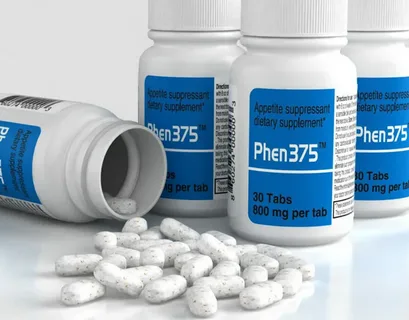Vyvanse 30 mg comes as an oral capsule or chewable tablet. It should be taken by mouth with or without food, usually first thing in the morning. Follo
Vyvanse 30 mg comes as an oral capsule or chewable tablet. It should be taken by mouth with or without food, usually first thing in the morning. Follow the directions on your prescription label. Your doctor may occasionally change your dose.
Do not take this medication if you have certain heart problems or high blood pressure. It can cause a dangerous increase in heart rate and blood pressure. Also tell your doctor if you or your child have circulation problems in your fingers and toes (numbness, pain, cold feeling, unexplained wounds).
Vyvanse is used to treat attention-deficit/hyperactivity disorder (ADHD) in children and adolescents.
Vyvanse and other amphetamine containing medicines have a high chance for abuse and dependence. Your healthcare provider (HCP) will check for signs of abuse and dependency before and during treatment with this medicine. This includes checking your or your child for:
This medicine should be stored at room temperature, away from heat and direct light. Keep it out of the reach of children and pets. Proper disposal of unused Vyvanse is important as it is a controlled substance. Check with your pharmacist about proper disposal methods.
In a study of children 6-17 years old with ADHD, lisdexamfetamine (Vyvanse) was more effective than placebo in improving ADHD symptoms on the ADHD Rating Scale-Revised: Short Form (ADHDRS-R) and Conner’s Parent Rating Scale-Revised: Short (CPRS-R). This improvement lasted at least 8 weeks. It is not known if Vyvanse works the same way in adults. Vyvanse is not a dopamine reuptake inhibitor (DRI). Your doctor will determine the best dose for your or your child.
Vyvanse is a stimulant.
Vyvanse comes in oral capsule and chewable tablet forms and should be taken once a day, first thing in the morning. The doctor will give your child specific instructions on how to take it. If your child has trouble opening pills, ask your doctor or pharmacist about a pill cutter or other tools to help them open the medication.
This drug has a high potential for abuse and should never be shared with anyone, especially someone who has a history of substance use disorder. It can also cause problems for people with a history of heart disease or blood pressure problems. Stimulants can increase your blood pressure or heart rate, and they can affect your sleep patterns. If you have a family history of these conditions, avoid taking stimulants, including this medication.
Lisdexamfetamine can interact with some other medications and may increase your risk of a serious condition called serotonin syndrome. Tell your doctor if you are taking any other medicines, including vitamins and supplements. Also tell your doctor if you have a family history of depression, mental illness, or seizures.
Vyvanse is a drug of abuse.
Vyvanse is a powerful stimulant that can cause addiction and should only be taken under the guidance of a licensed professional. A trained addiction specialist can help determine the level of abuse and create a treatment plan for recovery from this disorder.
Like other stimulants, vyvanse provides a rush of energy and increases concentration levels. However, it also triggers the pleasure center in the brain and can lead to a vicious cycle of addiction. This is because the brain becomes used to the rush and requires higher doses to achieve it, which leads to increased tolerance and drug abuse.
It is important to tell your HCP if you or your child have any heart conditions, high blood pressure, or other health problems. Also tell your HCP if you or your family have a history of mental problems, especially bipolar illness, or a history of depression. Avoid taking this medicine with a monoamine oxidase inhibitor (isocarboxazid, linezolid, methylene blue injection, phenelzine, rasagiline, selegiline, or tranylcypromine). This combination may increase your risk of a life-threatening side effect called serotonin syndrome.
Vyvanse is a controlled substance.
Vyvanse and other amphetamine-containing drugs have a high risk of drug abuse and dependence. This side effect happens when someone takes the drug for nonmedical reasons or uses higher doses than prescribed. Drug abuse or dependence can cause serious heart problems. Your doctor will monitor you closely for signs of misuse and dependence.
You should not take Vyvanse if you have a history of depression, bipolar disorder, or suicidal thoughts. It may also be harmful to an unborn baby or breastfeeding baby. Vyvanse passes into breast milk and can cause serious heart or brain problems in a nursing infant.
If you are breastfeeding or pregnant, tell your doctor before you start taking this medication. Your doctor may suggest a different medicine.
Avoid drinking large amounts of caffeine while you are taking Vyvanse. Caffeine can increase the side effects of this medication. It is also important to tell your doctor if you have any allergies or other health problems, such as heart disease, liver disease, or kidney disease.

COMMENTS